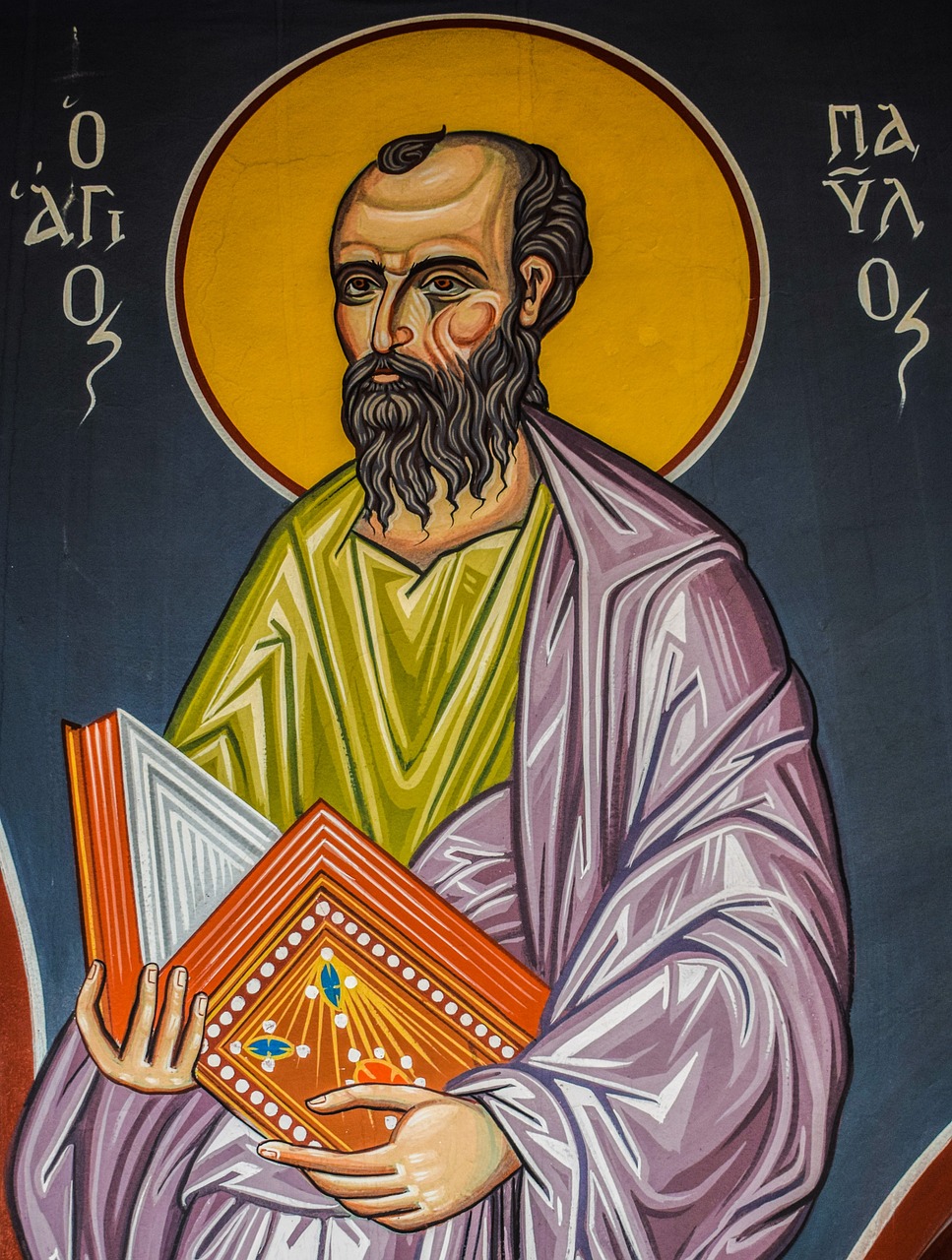St Paul’s experience of the risen Christ mirrors our experience of Him in the deep silence of our meditation: “He is a real, risen presence encountered deep within the personal experience of the disciple and new believer.” (Laurence Freeman) Yet often when we do experience the beginning of this silent presence, we pull back in panic. In leaving our thoughts behind, we are ‘leaving self behind’ as Jesus urges. But abandoning our sense of ego-identity feels very uncomfortable; the ego, about to be abandoned, feels threatened and fills us with a strong fearful sense of loneliness and isolation. It makes us feel that we are entering a threatening abyss, an emptiness. Our egos feel totally out of control. And yet this is what needs to happen. We need to enter the ‘Cloud of Unknowing’ as a 14th century English mystic called it. Only by leaving the ego, the thinking surface of our being, behind, can we experience who we truly are and who God truly is. When we do take the plunge, instead of the sense of loneliness and isolation that the ego filled us with, we feel held in loving embrace with everything and everyone. The threatening emptiness becomes a loving interconnected fullness.
This sense of being held lovingly, protectively in a web of being can only be experienced. By paying attention to our mantra, by single-pointed focus on our word, we switch off our thoughts and switch on a different intuitive, experiential way of knowing. That this way of knowing is inbuilt in us, has been shown in research with children: “EEG studies of the brain of children [under two] show that they permanently function in alpha mode – the state of altered consciousness in an adult – rather than the beta mode of ordinary mature consciousness.”(Lynne Taggart ‘The Field’) By meditating we can therefore consciously return to a way of perception that was at first instinctive and unconscious.
This letting go of the thought-filled ego is therefore not an entry into oblivion and non-existence. We don’t lose our individuality: “There is no doubt that the individual loses all sense of separation from the One and experiences a total unity, but that does not mean that the individual no longer exists. Just as every element in nature is a unique reflection of the one Reality, so every human being is a unique centre of consciousness in the universal consciousness.”(Bede Griffiths)
It is important to remember that the word ‘individual’ “originally …meant indivisible…Once an individual was a person or thing seen in relation to the whole it belonged to. The whole defined the individual because the individual was indivisible from it.” (Laurence Freeman ‘Jesus, the Teacher within)
Image by Dimitris Vetsikas from Pixabay





